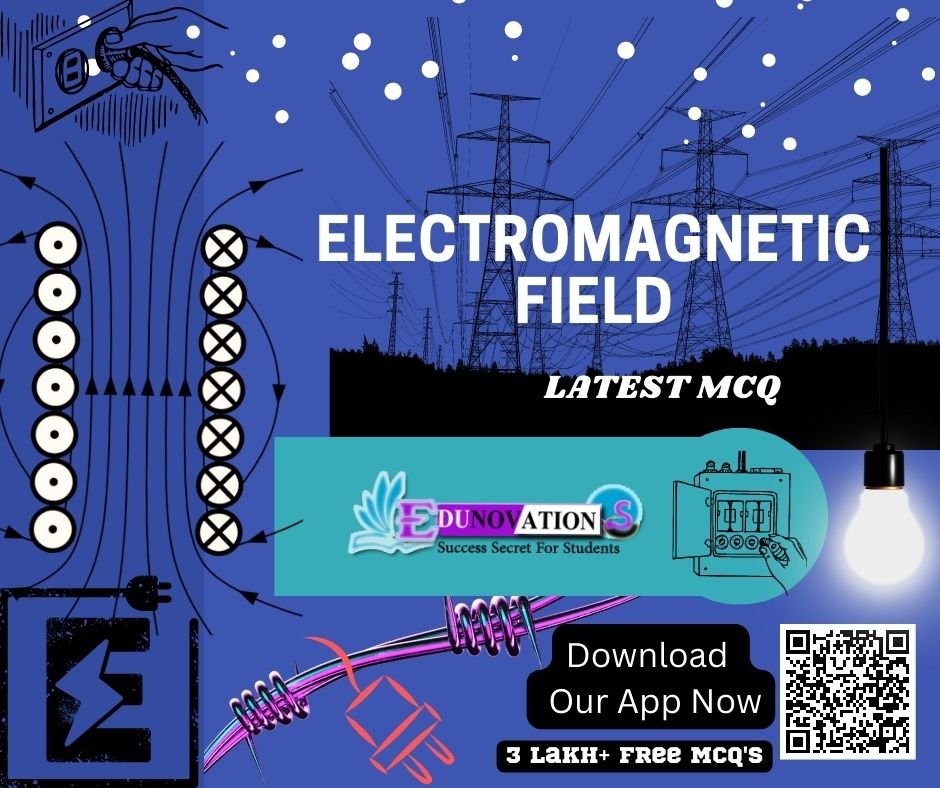Electromagnetics – Electrical Engineering GK MCQ (विद्युत चुम्बकीय )
Ace your electromagnetics exams with a comprehensive collection of multiple-choice questions (MCQs) from previous year papers of various sectors, including UPSC IAS and more. Enhance your understanding of electromagnetic principles and prepare effectively for your upcoming exams.
Brief: Welcome to our Electromagnetics MCQs page, dedicated to providing you with a valuable resource for exam preparation. We have curated a diverse set of multiple-choice questions (MCQs) from previous year papers of prestigious exams across various sectors, including UPSC IAS and more. Whether you are a student, professional, or an aspiring candidate, our extensive collection of MCQs will help you reinforce your understanding of electromagnetics and excel in your exams.
Electromagnetics is a fundamental subject that forms the backbone of various fields, such as engineering, physics, and telecommunications. Our MCQs cover a wide range of topics, including electromagnetic waves, electromagnetic fields, electromagnetic induction, and more. By practicing these MCQs, you can develop a strong conceptual foundation, enhance your problem-solving skills, and gain confidence in tackling exam questions.
Each MCQ on our page is carefully selected from previous year papers of renowned exams, ensuring the highest quality and relevance. With this focused approach, you can familiarize yourself with the question patterns and gain insights into the exam’s expectations. Additionally, the diversity of exam sources enables you to experience a broad spectrum of question styles, challenging your knowledge and improving your overall preparation.
Our Electromagnetics MCQs page is designed to be user-friendly and easily navigable. You can browse through the categories or search for specific topics to find relevant MCQs. The questions are accompanied by detailed explanations, allowing you to learn from your mistakes and further solidify your understanding of the subject matter.
Prepare for your upcoming electromagnetics exams with confidence and thoroughness. Use our Electromagnetics MCQs from Previous Year Papers page as a trusted resource to reinforce your knowledge and maximize your performance. Start practicing today and embark on a journey towards exam success!
Electromagnetics – Electrical Engineering GK MCQ – Previous Year Questions
Some Important Links








